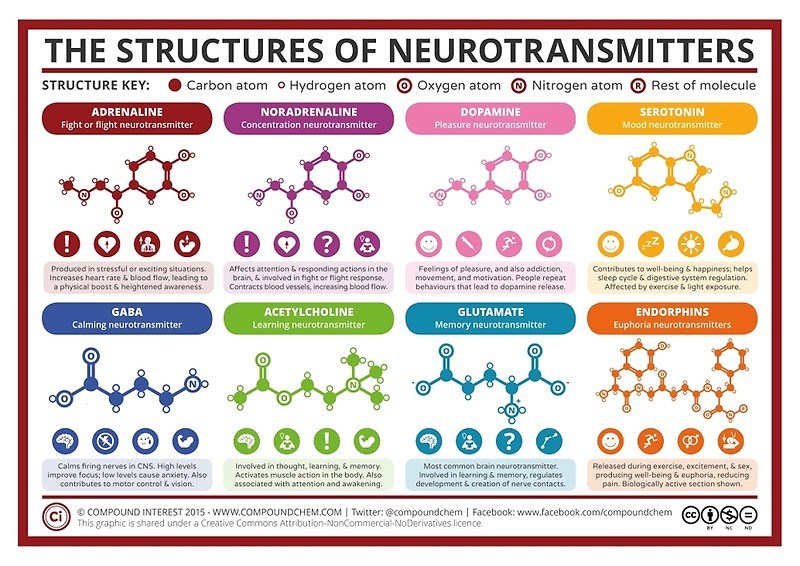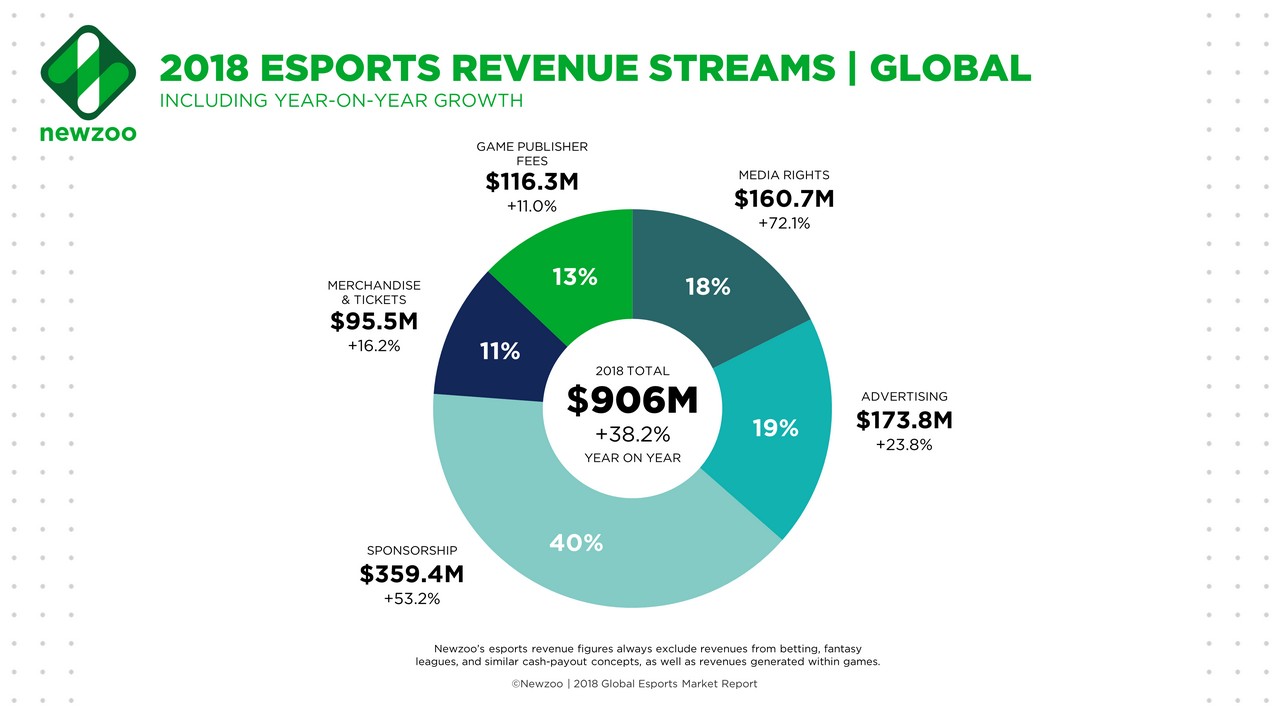“Consistency is contrary to nature, contrary to life. The only completely consistent people are dead. ” – Aldous Huxley
Contradictions and paradoxes are perhaps the elements that define our human nature. We adore change but are often scared of new things. The realm of technology is undoubtedly populated with these contradictions, including video games. Of course, all of us always want to appear logical and intelligent. However, we frequently hate learning new pieces of knowledge and instead use preexisting stigmas in our judgments.
The esports industry has been and needs to continue dealing with the negative views about gaming. Many gamers, unfortunately, also have been carried away by the mainstream media that often injects this negative stigma.
Therefore, let us discuss and parse each of these negative views towards gaming; from the perspective of a gamer obsessed with philosophy.
1. Games Are highly addictive

Game addiction, as what most people call it, is one of the most popular arguments used when discussing the harmful effects of gaming.
The truth is, anything that stimulates our bodies to produce dopamine can be addictive. Please read this scientific article (PDF) if you would like to learn more about dopamine. In short, dopamine is a “feel-good” hormone produced by the brain, which is why it is released when we feel happy. Some drugs can even stimulate the brain to produce high amounts of dopamine and consequently pushes a dependency or addiction towards the drug.
Playing games is just one of the millions or billions of activities that can trigger our bodies to produce dopamine. For example, there are also people who are addicted to social media, watching TV series (such as local soap operas, Korean dramas, Game of Thrones, etc), shopping, working, and many more. Yet, all these activities don’t share the same degree of bad press compared to gaming.
Interestingly, love also stimulates dopamine production, which is why most people can get entangled in it. Lovers don’t ever want to be separated. They will go to any lengths to be together and care less about any other aspects of life.
I do believe that games have the potential to become addictive. However, we should also acknowledge that there are countless addictive activities out there. Should anything addictive to us be eliminated from society? What about romance, as mentioned previously? What about being a workaholic?
It would be naive to think that all activities that make us inherently happy should not be permitted in our lives. Therefore, I personally believe that the addiction argument here is extensively flawed.
2. Games Can Be Harmful to Your Health

In an article from Beritagar, there is a story about a parent who found out that their child had seizures and had a high fever after playing games on his laptop. It was later discovered that the boy suffered from epilepsy. In this case, did the game cause the boy’s seizures?
Let’s take a hypothetical example. Assume that we have a bunch of children who are allergic to peanuts and cats. In some unfortunate series of events, the kids swallowed several peanuts and came into contact with a cat, which prompted their allergic reactions. In this scenario, should we blame the peanuts and cats for harming the children? Obviously, no.
I think that many of today’s parents frequently find scapegoats for their failure to raise their children properly. Instead of spending time and paying attention to their children, parents blame video games, the internet, music (the blocking of Bruno Mars and similar musicians), and schools for their child’s misbehavior.
I have also been a parent for 11 years (at the time of writing this article), but I will not blame other subjects for anything that happens to my child. My wife and I are fully responsible for handling our child, at least until he turns 18. Having a child can be very easy. Raising them, on the other hand, can be a whole different story..

Others say that technology can make people lazy, severely damage their eyes, and so on. Like it or not, humans created technology to make their life easier and, by definition, accommodate their laziness.
Imagine the era before cars were invented. Everyone must walk or exert a lot of energy when traveling. Today’s internet makes communication effortless, which allows us to order foods and other goods from our beds. So, should technology be banned to force people to move, exercise and be healthy? I sincerely think that a life without technology will not be any better.
3. Games Promote Violent Behavior
Violence is perhaps another prevalent argument by people who hate new changes. You might remember that people back then claim that rock music induces violent behavior.
Unsurprisingly, acts of violence and crime have existed since the dawn of society. So does gaming actually increase violent behavior? To answer this question, we need to dive deep into the complex problem of violence itself.
Assume that there indeed exist a handful of people who commit crimes due to gaming. From this scenario, can we conclude that gaming causes violence? Of course, it would be naive for us to do so. Religion, for example, has been a catalyst of many wars and barbaric punishments in the past. However, religion rarely ever receives any backlash for the countless injustice it has performed.
The case is different for psychopaths or sociopaths. These individuals do have a unique way of viewing the world and would be, again, naive for us to think that gaming is the sole cause behind their unnatural behavior. A billion factors always come into play when we decide the actions (good or bad) that we make in our lives, even for psychopaths or sociopaths.
4. You Cannot Make a Living Out of Games

People who have a negative perspective towards games often think that gamers don’t have a great paycheck. There is probably some truth to this notion. However, like all careers or professions, everyone can be successful as long as they are willing to work with their utmost effort.
For example, which of the following professions earns the most money? Entrepreneurs? Bank employees? Programmers? Celebrities? Interestingly, there are more bankrupt businessmen than successful ones. Similarly, bank employees and programmers will not get promoted in their jobs if they are lazy. Celebrities can also stop being relevant if he/she does not continuously promote themselves. In reality, work ethic is the factor that determines a person’s success, not their profession.
The same thing goes in the gaming industry. Those who continuously work hard will be able to endure a long and sustainable career. I personally have lived off a career in the Indonesian gaming industry (specifically in the media sector) since 2009.
Any profession or career can be a cruel survival of the fittest. Those who cannot adapt and provide unique values as professionals will not be able to compete and thrive.

–
In conclusion, everything in this world all has its pros and cons. Thinking that everything can be perfect is simply unsophisticated and one-dimensional thinking. Every aspect of life can, in fact, all have their respective negative impacts, such as school (when you get an unprofessional teacher), work (an intoxicating work environment), or even religion (when used maliciously for personal gain). The same thing goes with technology, games, social media, and other upcoming trends in the future.
Socrates once said that the unexamined life is not worth living. It is, indeed, imperative that we realize the potentially negative or harmful side effects of the latest technologies such as video games. However, it is also crucial for us, humans, to look into the positivity and true nature behind these new inventions. After all, technology is created to make life more enjoyable and the world a better place.
Translated by: Ananto Joyoadikusumo













